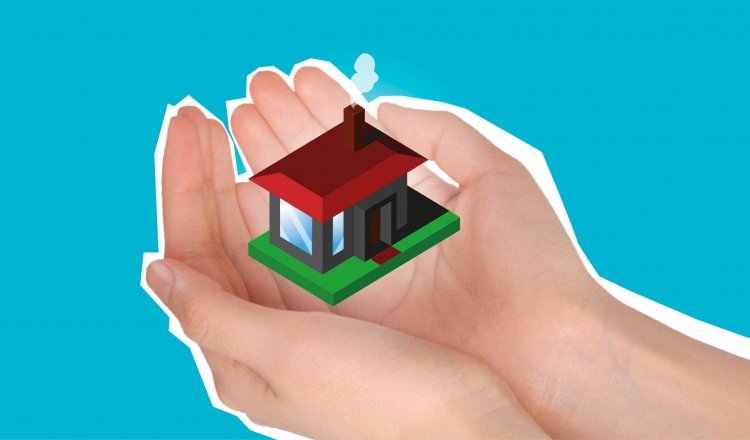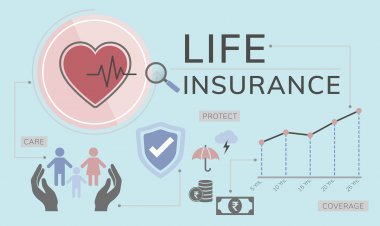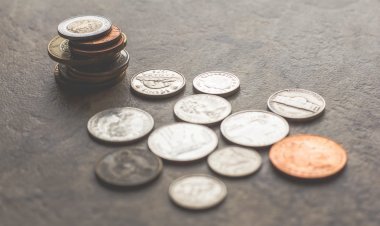The Pros and Cons of Buying a House with a Loan
Discover the advantages and drawbacks of purchasing a home with a loan. Explore the benefits of homeownership and the potential challenges of mortgage financing. Make an informed decision on your path to homeownership.

Introduction
Buying a house is a significant milestone in many people's lives, and for most, it is one of the largest financial investments they will ever make. While some individuals can afford to pay for a house in cash, many rely on home loans to finance their dream homes. In this blog, we will explore the pros and cons of buying a house with a loan to help you make an informed decision.
Pros of Buying a House on Loan
-
Affordability: Perhaps the most significant advantage of buying a house with a loan is the ability to afford a home that might otherwise be out of reach. Home loans allow you to spread the cost of a house over many years, making homeownership accessible to a broader range of people.
-
Equity Building: As you make mortgage payments, you're not just covering interest; you're also building equity in your home. Over time, this equity can become a valuable asset that you can use for future financial needs or as a source of wealth.
-
Tax Benefits: In many countries, homeowners can take advantage of tax deductions on mortgage interest and property taxes. These deductions can result in significant savings during the early years of your mortgage.
-
Investment Appreciation: Historically, real estate has shown the potential for long-term appreciation. This means that, over time, the value of your home may increase, providing you with a substantial return on investment.
-
Stable Housing Costs: Unlike renting, where landlords can increase your rent at their discretion, a fixed-rate mortgage provides stability in your monthly housing costs, making it easier to budget.
Cons of Buying a House on Loan
-
Debt Burden: Taking out a home loan means taking on a substantial amount of debt, which can be overwhelming for some individuals. You'll be committing to a long-term financial obligation, which can limit your financial flexibility.
-
Interest Payments: A significant portion of your monthly mortgage payment goes towards interest, especially in the early years of the loan. Over the life of the loan, you'll pay a substantial amount in interest.
-
Risk of Foreclosure: If you're unable to make your mortgage payments, you risk losing your home through foreclosure. This can have severe consequences for your financial well-being.
-
Maintenance Costs: As a homeowner, you're responsible for all maintenance and repair costs. This includes everything from a leaky roof to a malfunctioning furnace. These unexpected expenses can strain your budget.
-
Market Volatility: While real estate historically appreciates, it's not immune to market downturns. Economic factors can lead to a drop in property values, potentially leaving you with an underwater mortgage (owing more than the house is worth).


























